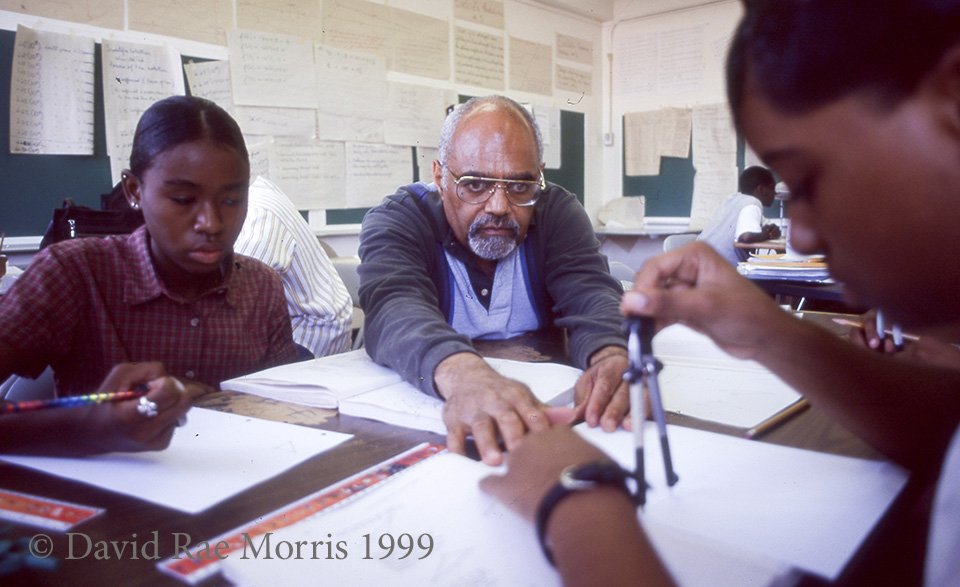
Radical Equations: The Algebra Project Drawing on the Past: The Roots of Our Movement
Reading by Charles E. Cobb and Bob Moses
The Algebra Project draws on the organizing tradition of the Civil Rights Movement to help young people find their voice and achieve math literacy.

Transportation Protests: 1841 to 1992
Reading by Julian Hipkins III and David Busch
The struggle for the desegregation of transportation has a long history in the United States. This timeline outlines some key individuals and organizations who took a stand against segregated transit.
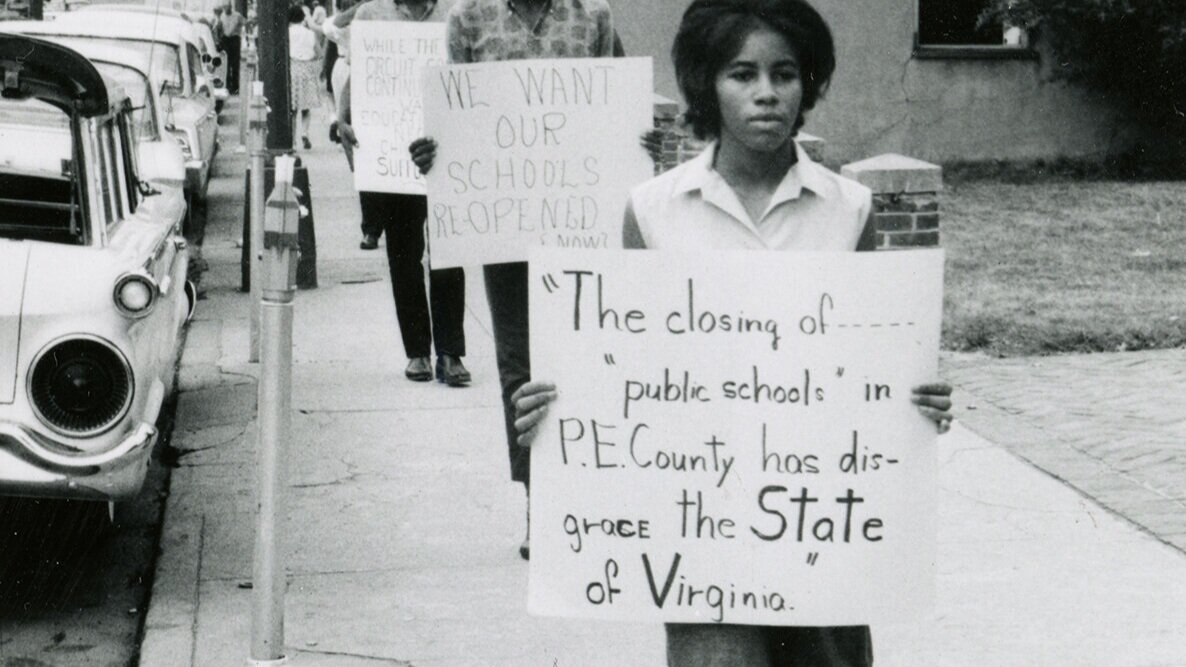
The View from the Trenches
Reading by Charles Payne
A critique of the master narrative of the Civil Rights Movement.

Murder Mystery: Shining a Light on the Story That the Newspapers Left Out
Lesson by Allyson Criner Brown, Deborah Menkart, and Jenice L. View
The murder of Mississippi voting rights activist Herbert Lee, and subsequent murder of witness Louis Allen, were key events in the history of the modern Civil Rights Movement. However, they were barely mentioned in the local press at the time and the story is missing from textbooks and public memory today.
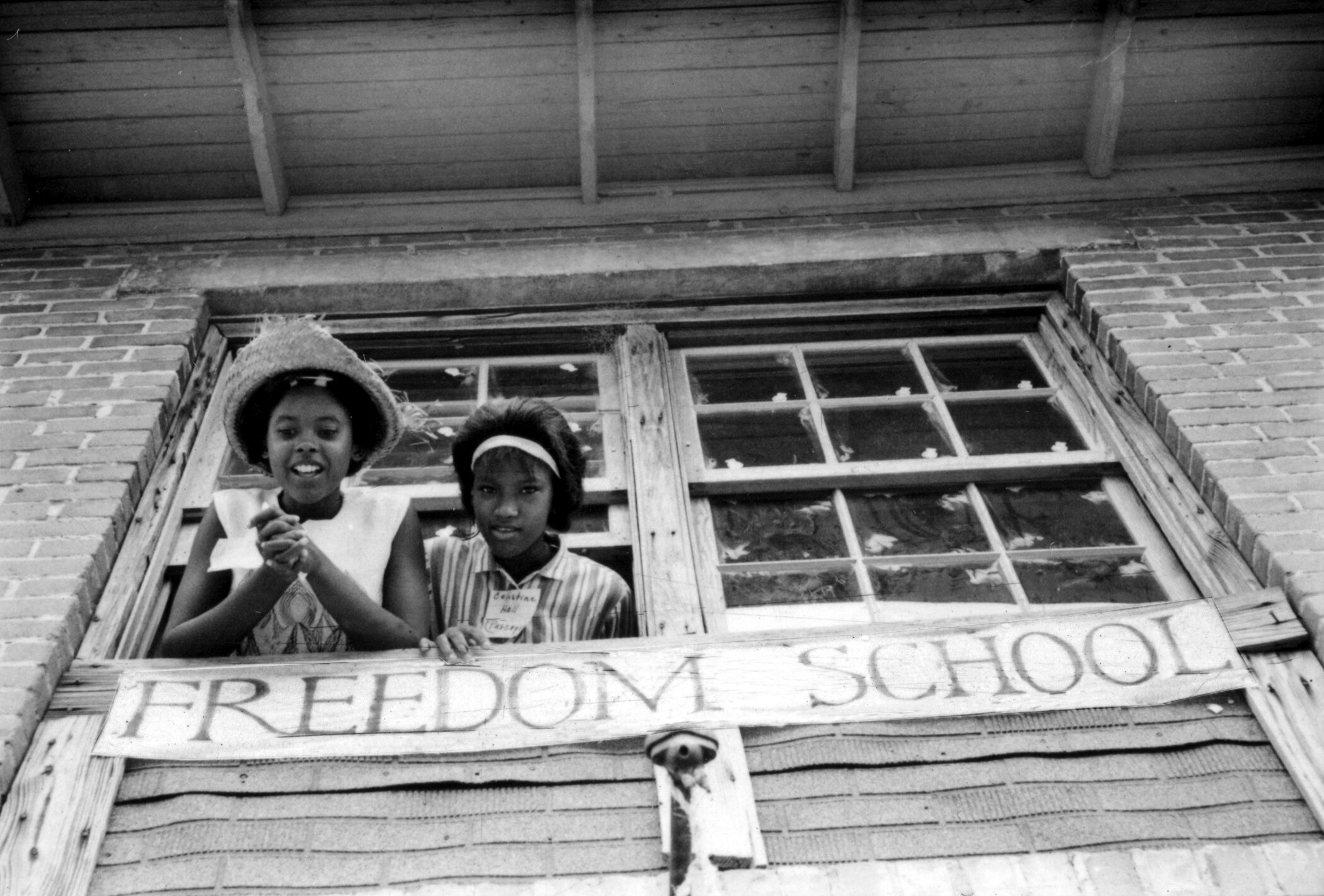
Exploring the History of Freedom Schools
Lesson by Deborah Menkart and Jenice L. View
This lesson uses primary documents to introduce the history and philosophy of Freedom Schools. The lesson is inquiry-based, hands-on, and engages students in critical reflection. Therefore, students learn about Freedom Schools not only from the readings, but they also experience the pedagogy.
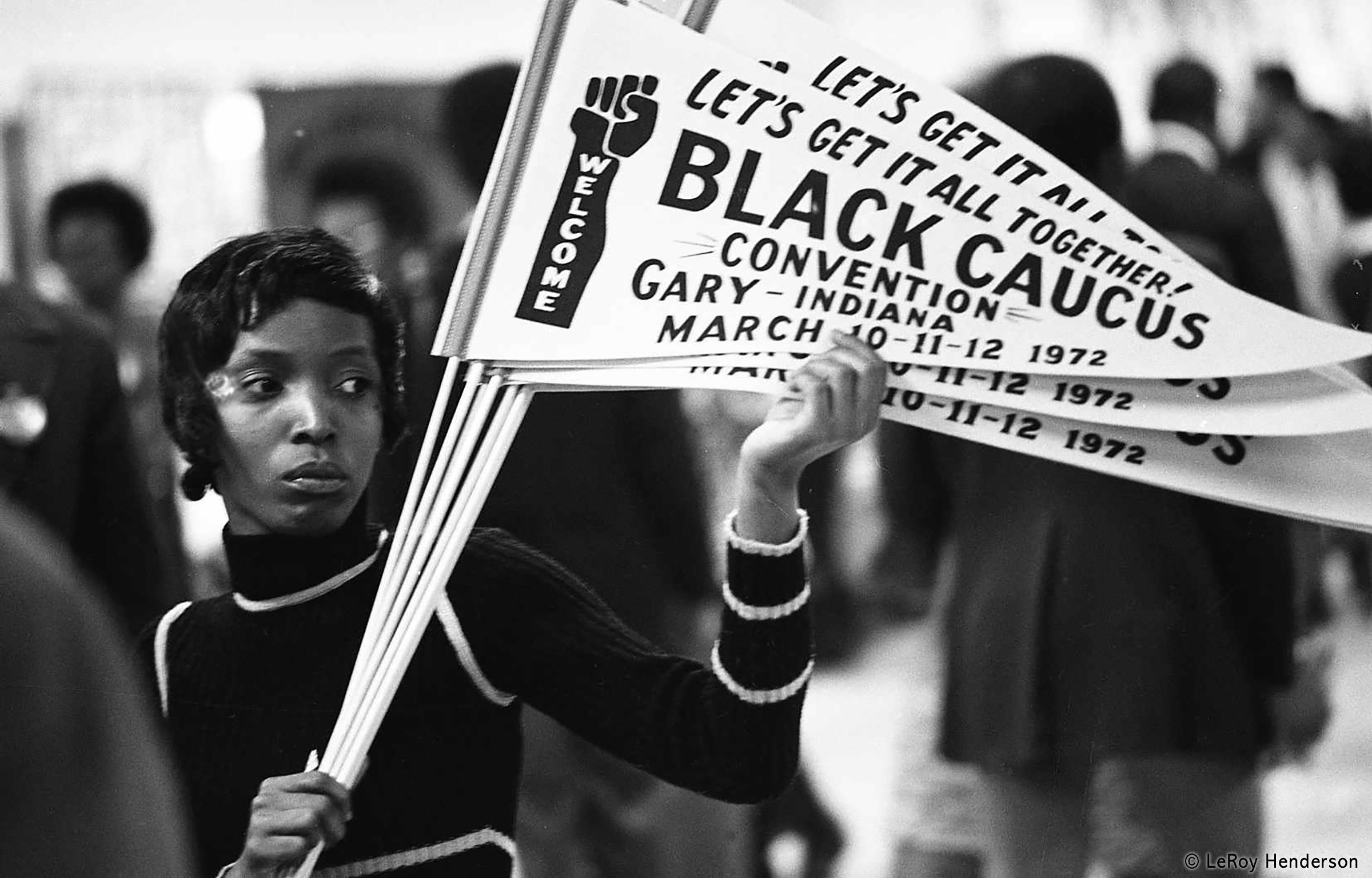
Advanced Ideas About Democracy
Reading by Vincent Harding
Excerpts from Hope and History: Why We Must Share the Story of the Movement, a well-annotated list of historic events for teaching the full story of the Civil Rights Movement.
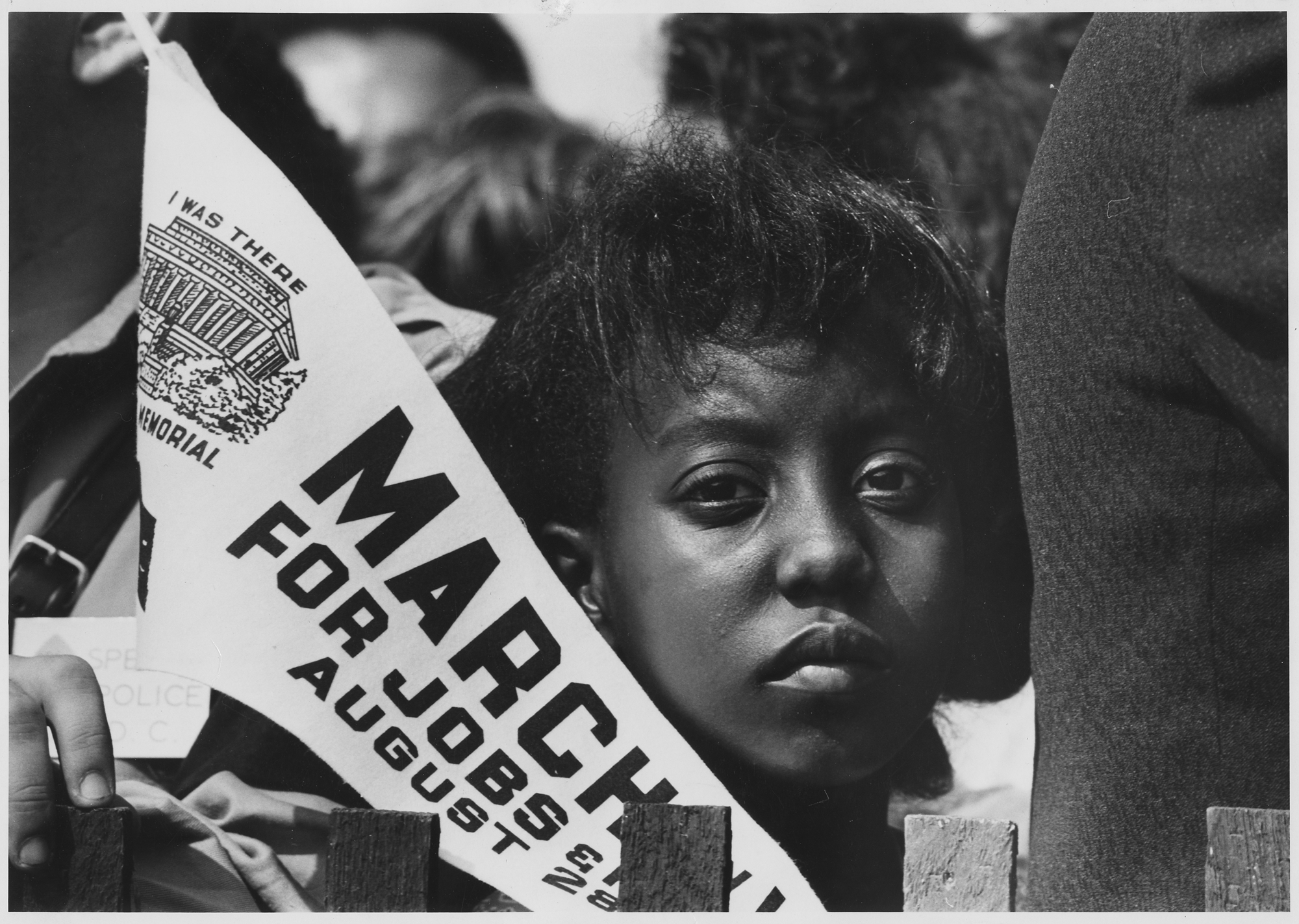
Claiming and Teaching the 1963 March on Washington
Reading by Bill Fletcher Jr.
The March on Washington did not begin as a classic civil rights march. It is barely remembered that the March on Washington was for freedom AND jobs, or that the march was initiated by black labor leaders.
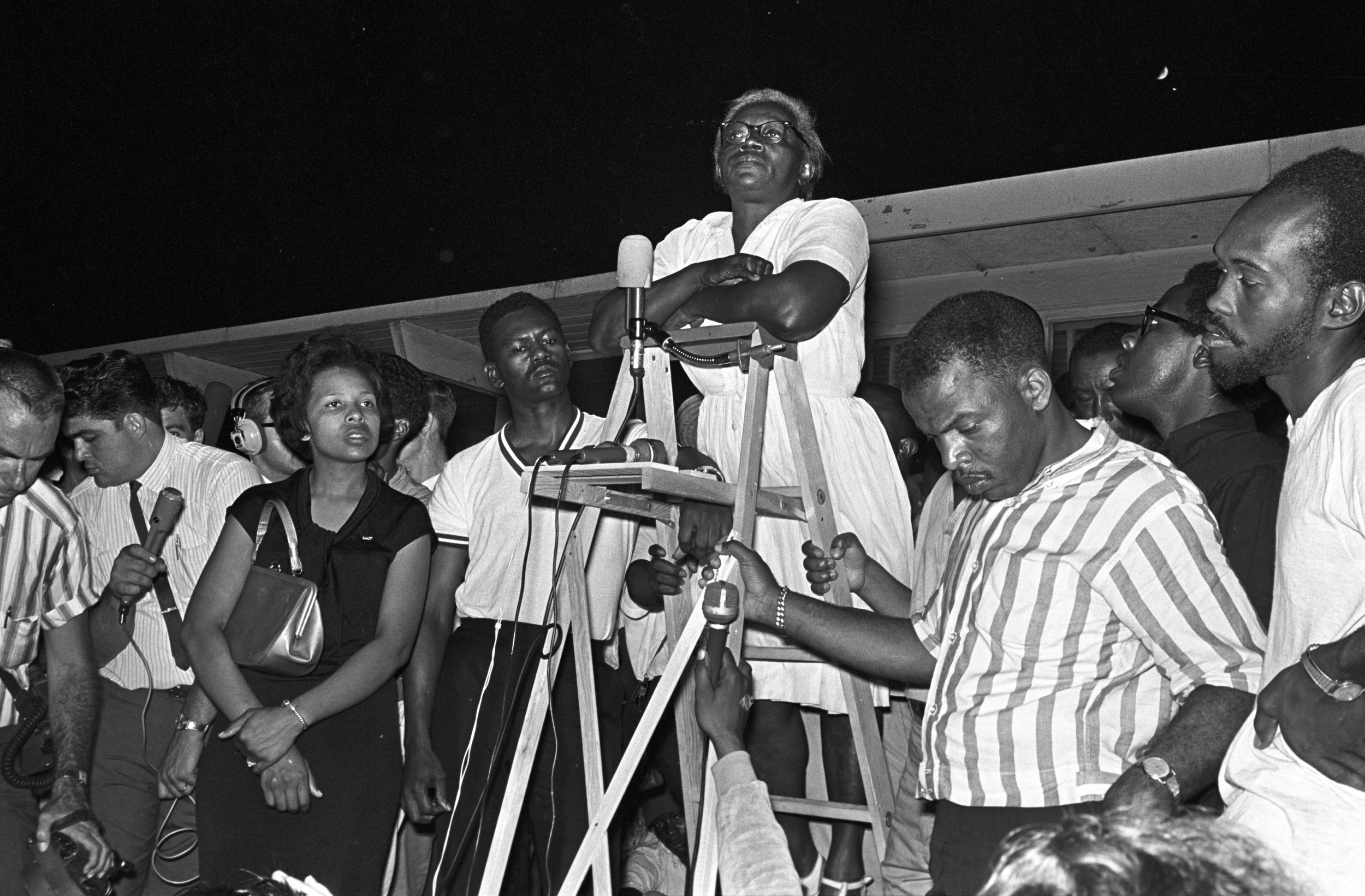
What Would You Do? Students Grapple with Risks Faced by Voting Rights Activists
Lesson by Cristina Tosto
Students come to understand the level of bravery displayed by local activists and ordinary people in Mississippi when they simply completed a voter registration form by imagining themselves in the role of someone who lived during the modern Civil Rights Movement. The names of the activists are revealed after they’ve considered what they might do in the role they’ve been given.
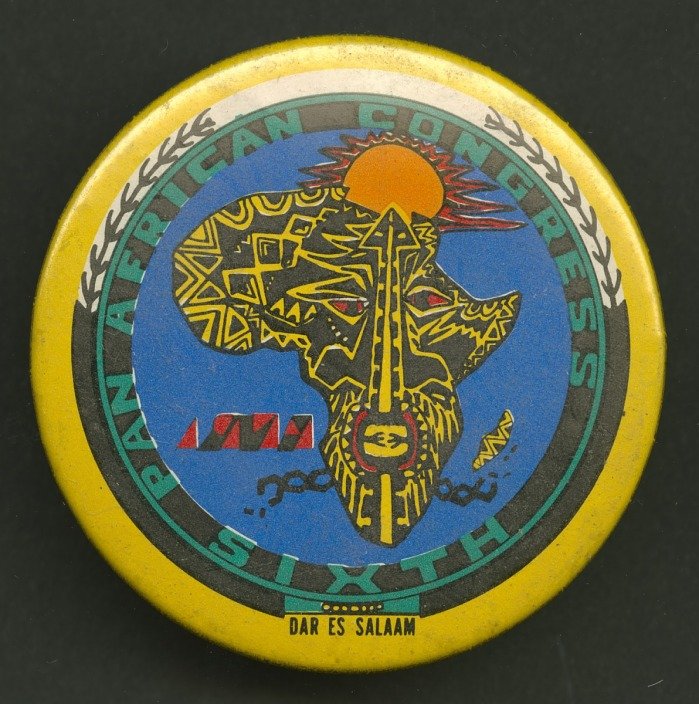
SNCC: International Connections
Reading by SNCC Digital Gateway
Growing up in the 1950s and 1960s, SNCC members were also influenced by the rising tide of liberation movements that followed World War II. As their commitment to the movement increased, they linked their own struggle for civil and human rights at home with anti-colonial struggles in Africa, Asia, and Latin America.

What Julian Bond Taught Me
Reading by Jeanne Theoharis
Freedom movements don’t just happen, they are made—and not by charismatic leaders, but by everyday people possessing great courage. Reflections on what Julian Bond taught us about how social movements are built and sustained.
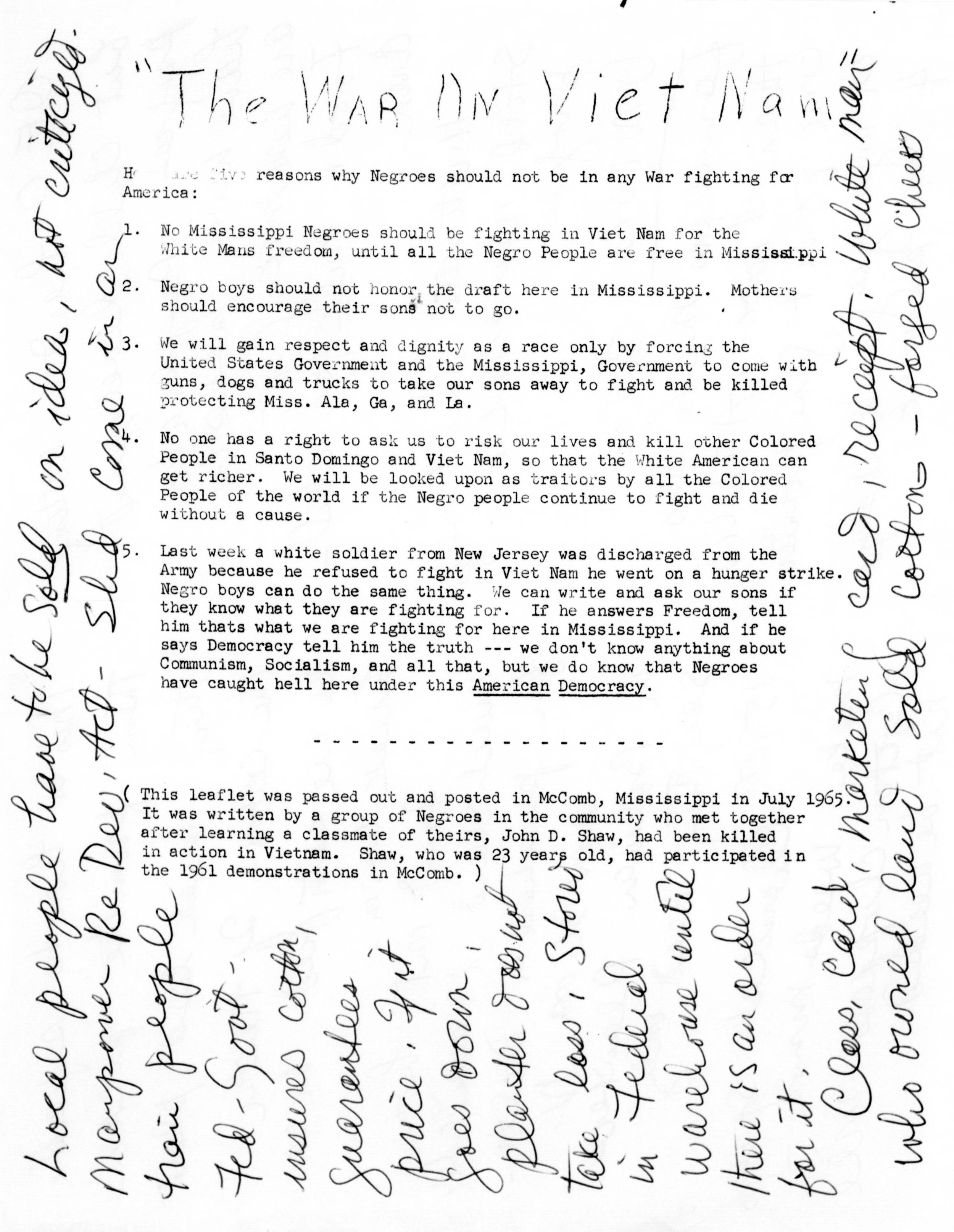
McComb Statement Against the Vietnam War, July 1965
Reading by SNCC Digital Gateway.
In July 1965, a group of young activists in McComb, Mississippi’s Movement learned that John Shaw, one of their former classmates at Burglund High School, was killed in combat in Vietnam. Their statement written in response about the reasons why African Americans should not serve in Vietnam was the first anti-war statement from within the Civil Rights Movement. It paved the way for SNCC to take a stance against the war.

Mississippi Burning Is Still Burning: A Critical Film Review
Reading by Judy Richardson
A critical review of the film Mississippi Burning, which characterizes the local African American community as passive victims of racist violence and lifts the role of the FBI to heroic proportions.
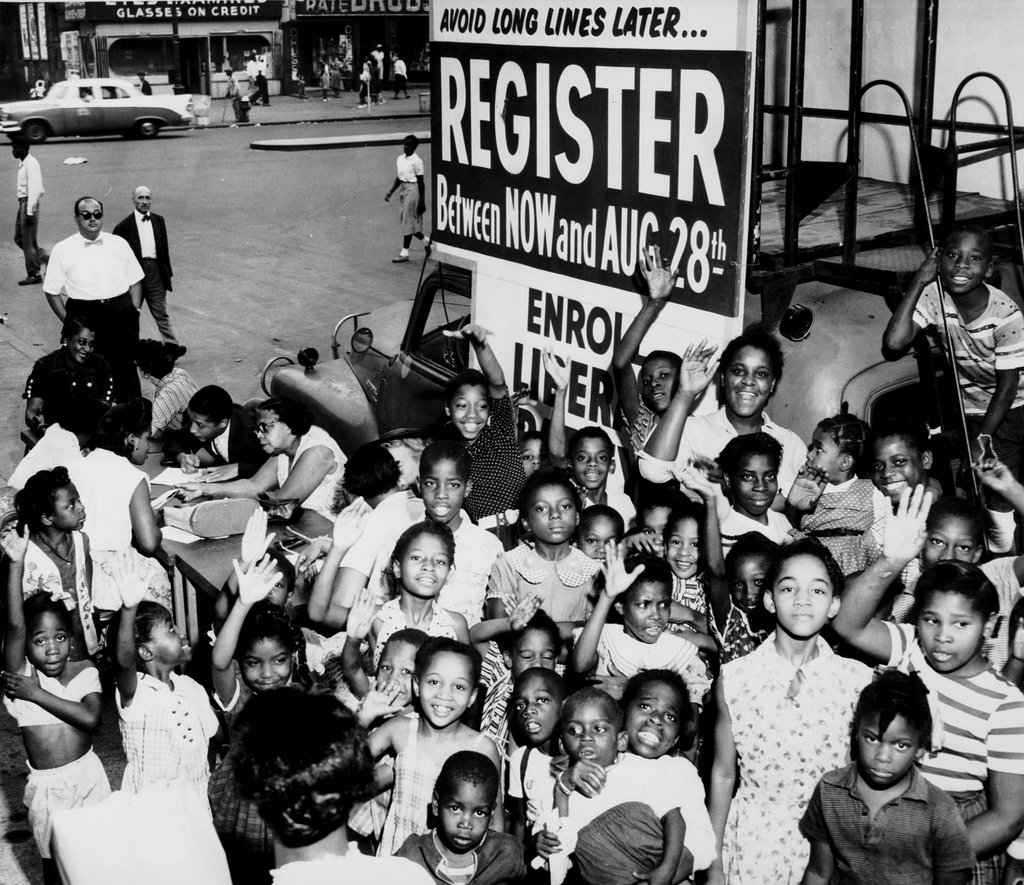
Voting Rights Act: Beyond the Headlines
Reading by Emilye Crosby and Judy Richardson
Key points missing from most textbooks about the Voting Rights Act. Many textbooks approach the history of this important legislation through a top-down lens that gives most of the credit to President Lyndon Johnson, along with Dr. Martin Luther King Jr., but the VRA came into being through intensive organizing and activism spearheaded by the Black community.
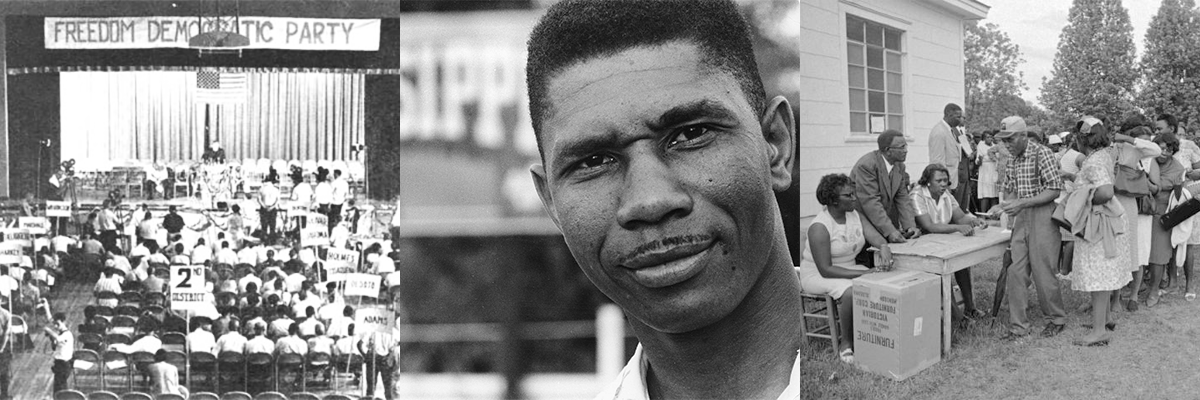
A Documents-Based Lesson on the Voting Rights Act
Lesson by Emilye Crosby
This lesson uses a case study of Lowndes County, Alabama and three SNCC-related documents from the early 1960s—just before and after the Voting Rights Act—to explore the impact of the Voting Rights Act (and 1964 Civil Rights Act) on every day southern Black citizens: What did the legislation mean to them? Did they achieve their goals?

American Exported Black Nationalism
Reading by Yohuru R. Williams
This essay explores how SNCC and the Black Panther Party contributed to the concept of a worldwide freedom struggle in the late 1960s and how their efforts were received abroad.
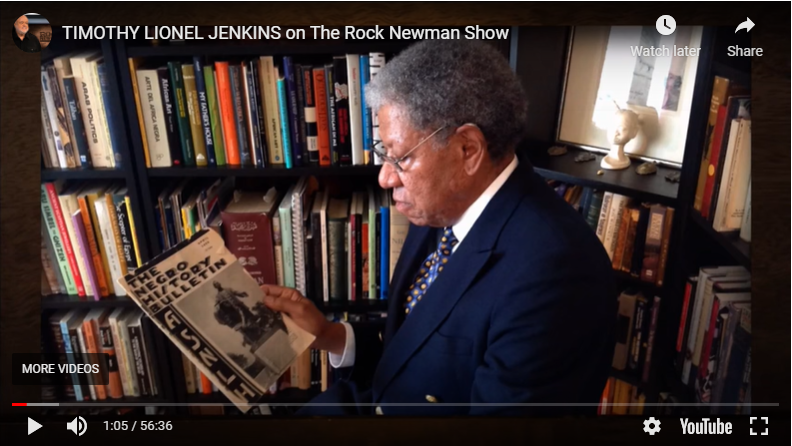
Preserving and Teaching Black History
Interview of Timothy Jenkins by Rock Newman
During this powerful interview, Timothy Jenkins talks about the history of Howard University, the Student Nonviolent Coordinating Committee (SNCC), pan-Africanism, liberatory education, the Association for the Study of African American Life and Culture (ASALH), Black history as American history, Stokely Carmichael, lessons from the barbershop, revolutionary nonviolence, and much more.
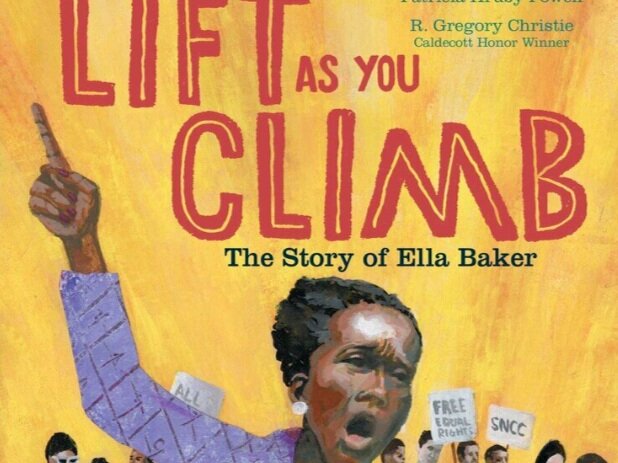
Children’s Book on Ella Baker: A SNCC Veteran’s Review
Reading by Judy Richardson
A critical review of the picture book, Lift as You Climb: The Story of Ella Baker.

High School Students Produce Award-Winning Film on Ella Baker
Teaching Reflection by Teaching for Change
Two St. Paul, Minnesota high school students — Siena Leone-Getten and Paying Lor — decided to learn more about this influential woman who remains so hidden in history.
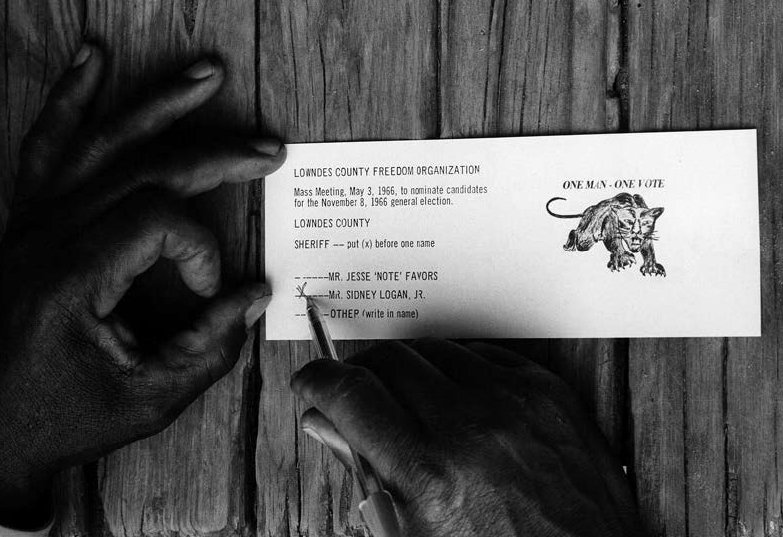
Lowndes County Freedom Organization (LCFO) Political Context
Reading by Emilye Crosby
Political context for the formation of the Lowndes County Freedom Organization (LCFO). This text is provided as background information for “A Documents-Based Lesson on the Voting Rights Act.”
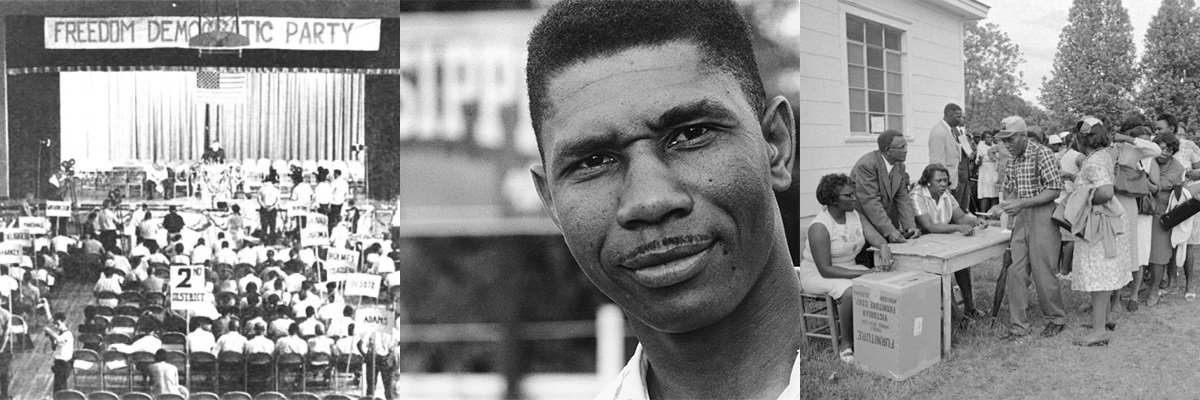
Key Dates in Voting Rights History
Timeline by Emilye Crosby
This timeline of key dates in the struggle for voting rights is provided as background information for “A Documents-Based Lesson on the Voting Rights Act: A Case Study of SNCC’s work in Lowndes County and the Emergence of Black Power” by Emilye Crosby.
